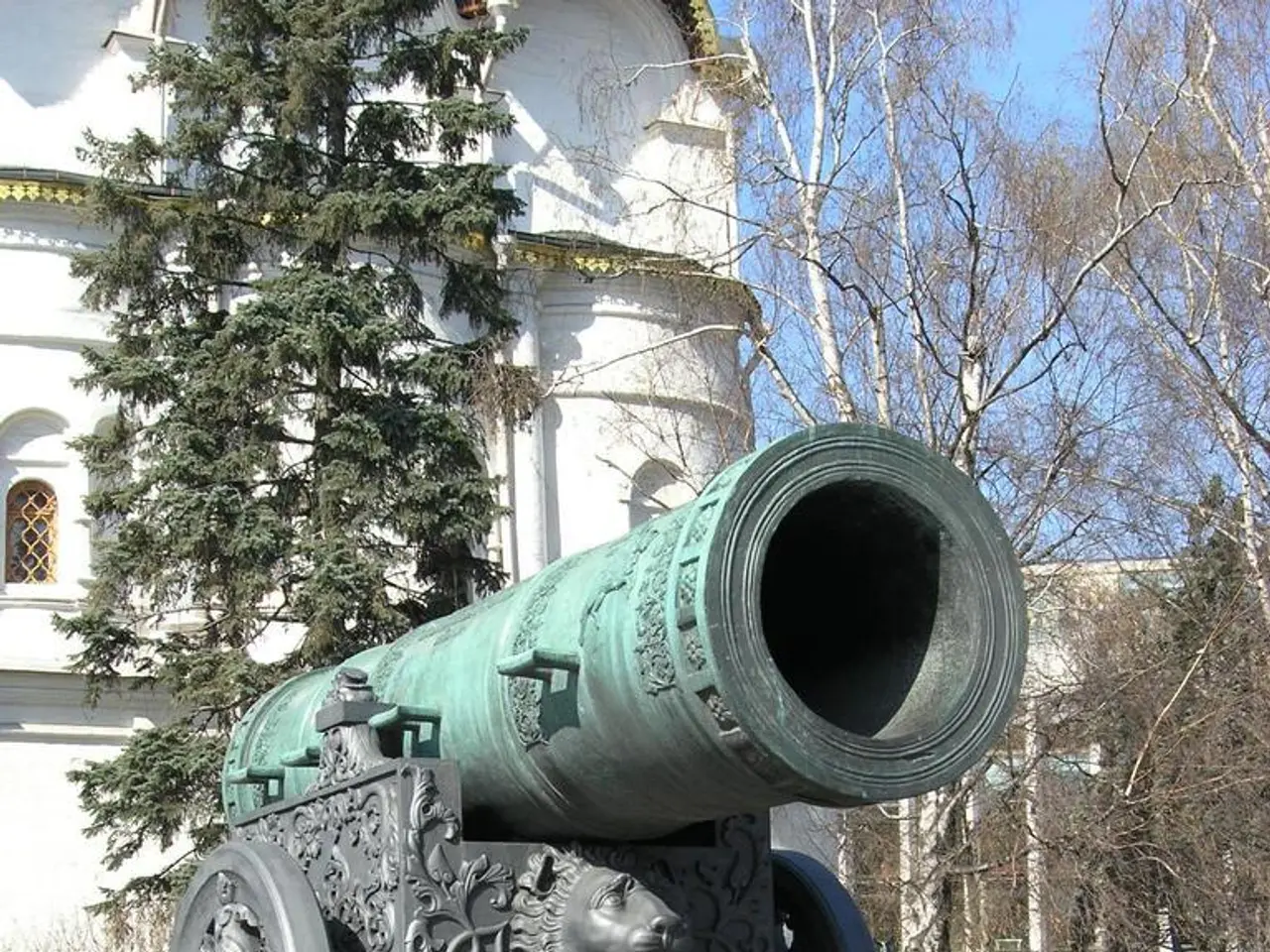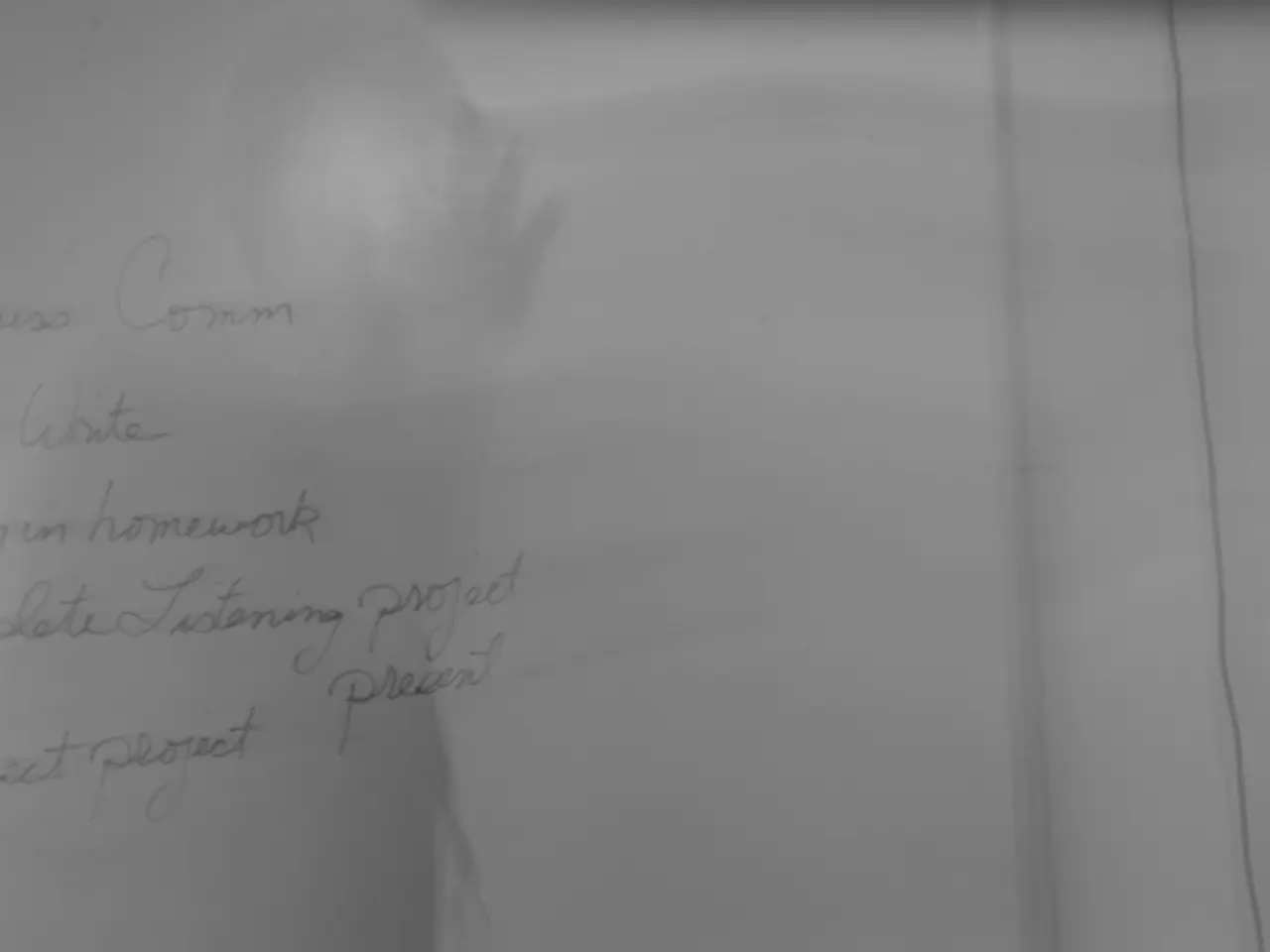Mandatory curriculum expansion in Russian universities: New subjects to be enforced
Russia is implementing a significant overhaul in its higher education system, with a focus on unifying and centralizing educational standards across the country. According to a recent announcement by the Russian Ministry of Education and Science, reported by RIA Novosti, the new system will introduce mandatory disciplines and a standardized curriculum.
The new education system aims to foster national identity, preserve cultural traditions, and nurture well-rounded individuals with strong value systems. It emphasizes guiding students beyond basic knowledge acquisition towards inspiration, nurturing, and development of personal values. This holistic approach combines traditional instruction with mentorship to develop capable, culturally grounded citizens.
A key aspect of the new system is the introduction of a socio-humanities core, mandatory for the first two years of study. This core includes subjects such as history, foundations of philosophy, Russian language, and foundations of Russian statehood. After completing the socio-humanities core, students will have the opportunity to specialize or transfer to another university.
The teaching of these subjects will follow unified working programs, ensuring consistency across all higher education institutions in Russia. Students' knowledge and skills in these subjects will be assessed using unified evaluation materials.
The language policy is also a critical component of the education reform, particularly in occupied territories. From the 2025–2026 academic year, Ukrainian language education will be fully banned in occupied regions, as part of a broader geopolitical strategy to "Russify" these areas, affirming Russian linguistic and cultural dominance in education.
Although the exact list of mandatory disciplines for higher education has not been detailed explicitly, the emphasis on a unified curriculum suggests a set of core disciplines will be compulsory, reflecting the state’s priorities in reinforcing national identity and key competencies.
The new education system in Russia is undergoing significant changes, offering students a more structured and standardized educational experience, while also providing flexibility for specialization or university transfer after the first two years. The implementation of this new system is part of a broader national strategy to unify and centralize educational standards in Russia.
The new education system in Russia, as part of its national strategy, aims to introduce a unified curriculum focused on education-and-self-development, which includes prominent subjects such as general-news topics like history, philosophy, Russian language, and foundations of Russian statehood. This systematic approach also entails the assessment of students' knowledge and skills using standardized evaluation materials to aid in fostering a well-rounded and culturally grounded society.




